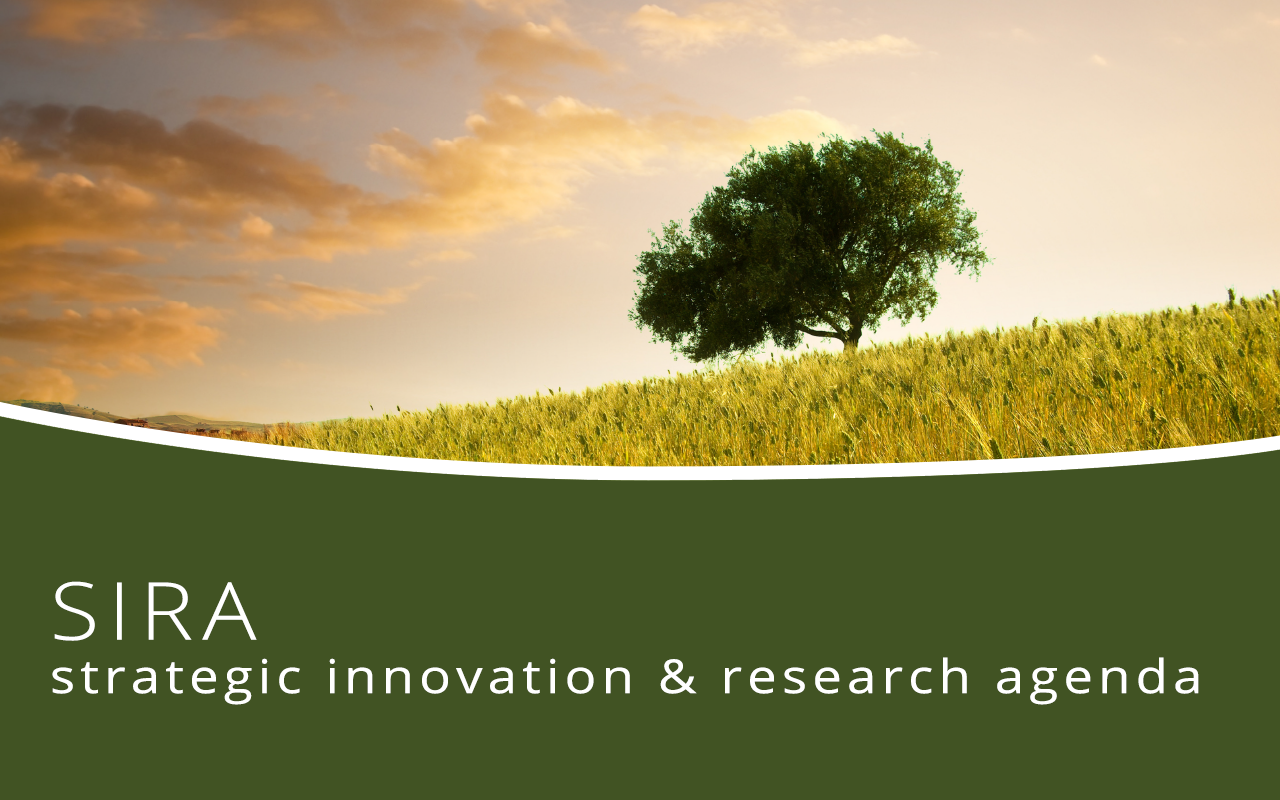The updated SIRA addresses the technological and innovation challenges facing the bio-based industries, takes a ‘multi-value-chain’ approach and integrates new feedstocks such as aquatic-based sources, bio-waste (including from food processing) and CO2. It also considers the aims of BIC’s newest members, as well as technology and market developments since the first Agenda was adopted in 2013. The SIRA identifies the research and innovation actions needed to deliver tangible and increasingly ambitious environmental, social and economic benefits by 2020 and 2030.
Bio-based value chains are at the heart of the SIRA, which is founded on four key pillars:
- Fostering a supply of sustainable biomass feedstock for both existing and new value chains
- Optimising efficient processing for integrated biorefineries through research, development and innovation (R&D&I)
- Developing innovative bio-based products for identified market applications
- Creating and accelerating market uptake of bio-based products and applications
John Bell, Director for Bioeconomy, DG Research & Innovation, European Commission said, “The latest SIRA is designed to attract new industrial sectors and stimulate closer collaboration between different industries. It envisages the creation of novel value chains, making it easier for the Bio-Based Industries Joint Undertaking (BBI JU) to fully support the development of a circular bioeconomy, while enabling Europe to achieve its climate goals and the objectives of the Juncker Plan – to boost investment, sustainable growth and job creation.”
Mat Quaedvlieg, Vice President Strategic Business Projects at Sappi, and Chair of the BIC and BBI JU Governing Boards said, “Since the start of the BBI JU, new value chains have emerged using feedstocks from the food processing sector, the aquatic-based sector, and even bio-waste and CO2. More and more industrial sectors are collaborating on BBI JU projects, seizing the opportunity to create value from waste and side streams. This growth will speed up the development of an innovative, sustainable and competitive European economy, in line with the European Bioeconomy Strategy.”
Read the revised SIRA.



